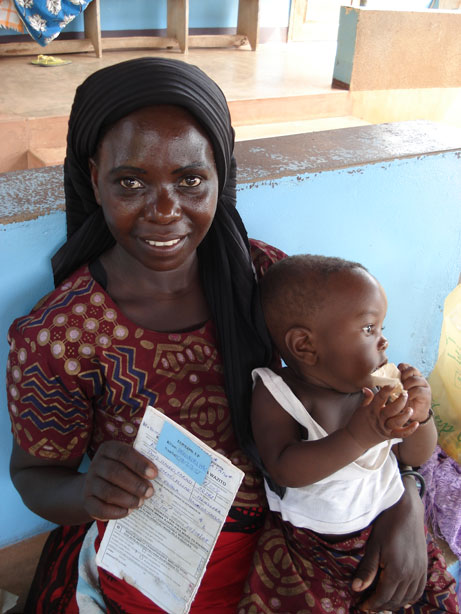Blogger: Elisabeth Darj
On the first of September I started my work as the first professor in Global Health at NTNU and I have now been asked to present myself. I’m most honored to have this job opportunity and it has been two intense, interesting and exciting months. My office is at Department of Public Health and General Practice.
I am a Swedish obstetrician and gynecologist and have been working clinically for many years. Simultaneously I have always been engaged in education and research. While employed at Uppsala University in Sweden I have taught medical students, midwives, nurses and biomedical assistants among others.
My research profile is in obstetrics and gynecology, but for more than ten years I have focused on reproductive health in low income countries, mainly in East-Africa, where I have supervised PhD and Master’s students. I have conducted research in women’s health from different angles: maternal health and mortality, support in the post-partum period, abortions, violence against women and children, adolescents’ reproductive health, infectious diseases, such as STI/HIV and health systems. I am now involved in a project at NTNU on violence against women in Nepal and Sri Lanka, and have applied for funds for other projects with others.
Global health is defined as health issues that transcend national boundaries and call for research and actions to improve health for all, irrespective of where we live. “Collaborative international research and action for promoting health for all”. As health is influenced by politics, society, culture and the environment, solutions to health problems not only reside within health systems, but also elsewhere. I have already met a lot of people in Trondheim with strong interests in global health who are engaged in different research projects in various faculties. In the medical faculty there are well-established cooperations and projects in Nepal, Sierra Leone, Malawi and South-Africa. I recently lectured to a large group of medical students and almost all of them had been travelling outside Europe. They showed knowledge and great interest in global health and in solutions to challenging issues. So I think it is timely that the medical faculty has now decided that Global Health shall be included in all education.A new two-year international Master’s program in global health will be developed, which is exciting and challenging, and I’m sure it will benefit research and education.
Furthermore, we wish to increase collaboration with other faculties, institutions, HiST and other actors. At the moment, we are updating the global health program that already exists for medical students. Two weeks ago there was the annual Global Health Day, held for the fourth year, and showing a growing interest in the topic with, now almost 200 participants. There were many stimulating presentations during the day, focusing on two main themes; our technological and educational possibilities from Norway to influence the health situations in low-and middle income countries, and opportunities to meet other researchers and teachers.
NTNU’s vision «Knowledge for a better world» and the medical faculty’s vision «Health for a better world» is comprehensive and relevant to the global world we live in, in Trondheim and elsewhere. Last but not least, I would like to thank all for the warm reception I have received in my new inspiring job.

